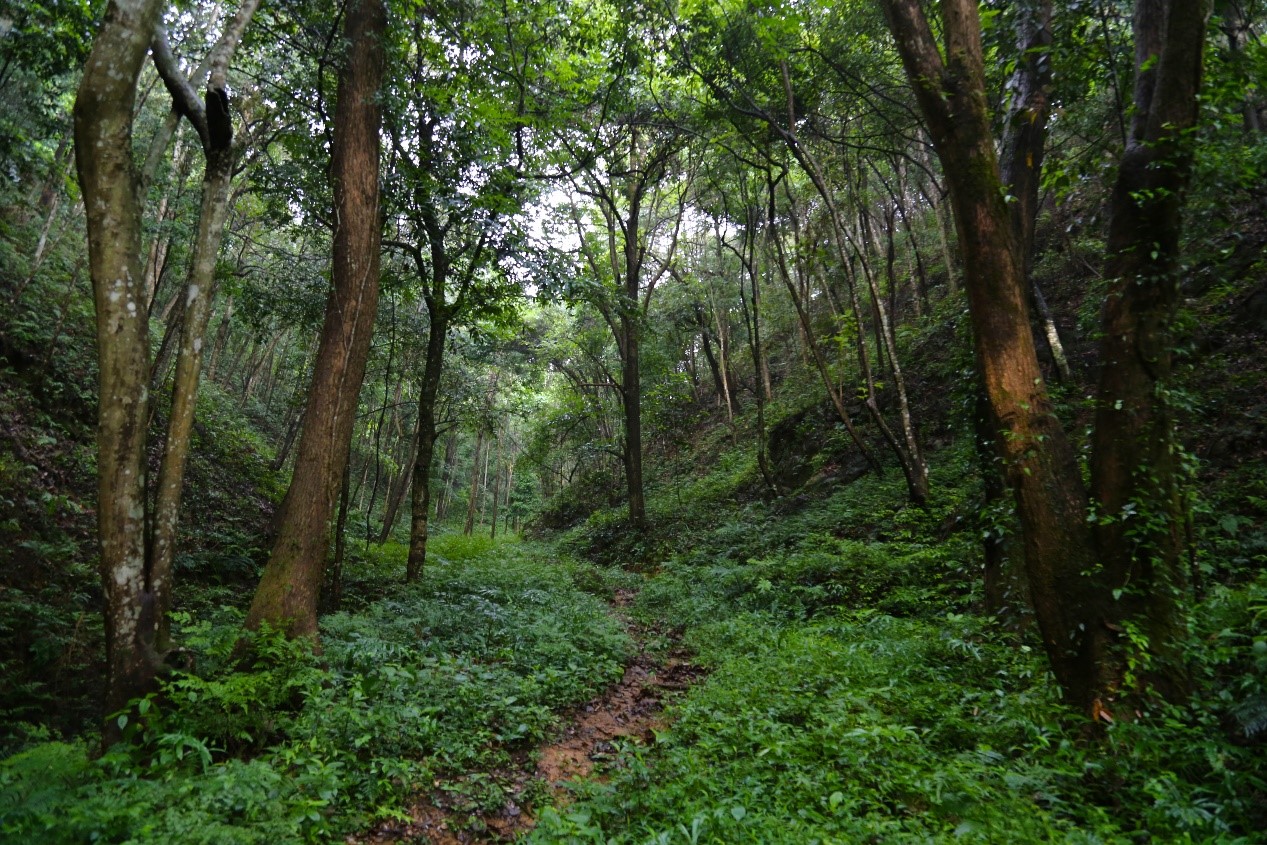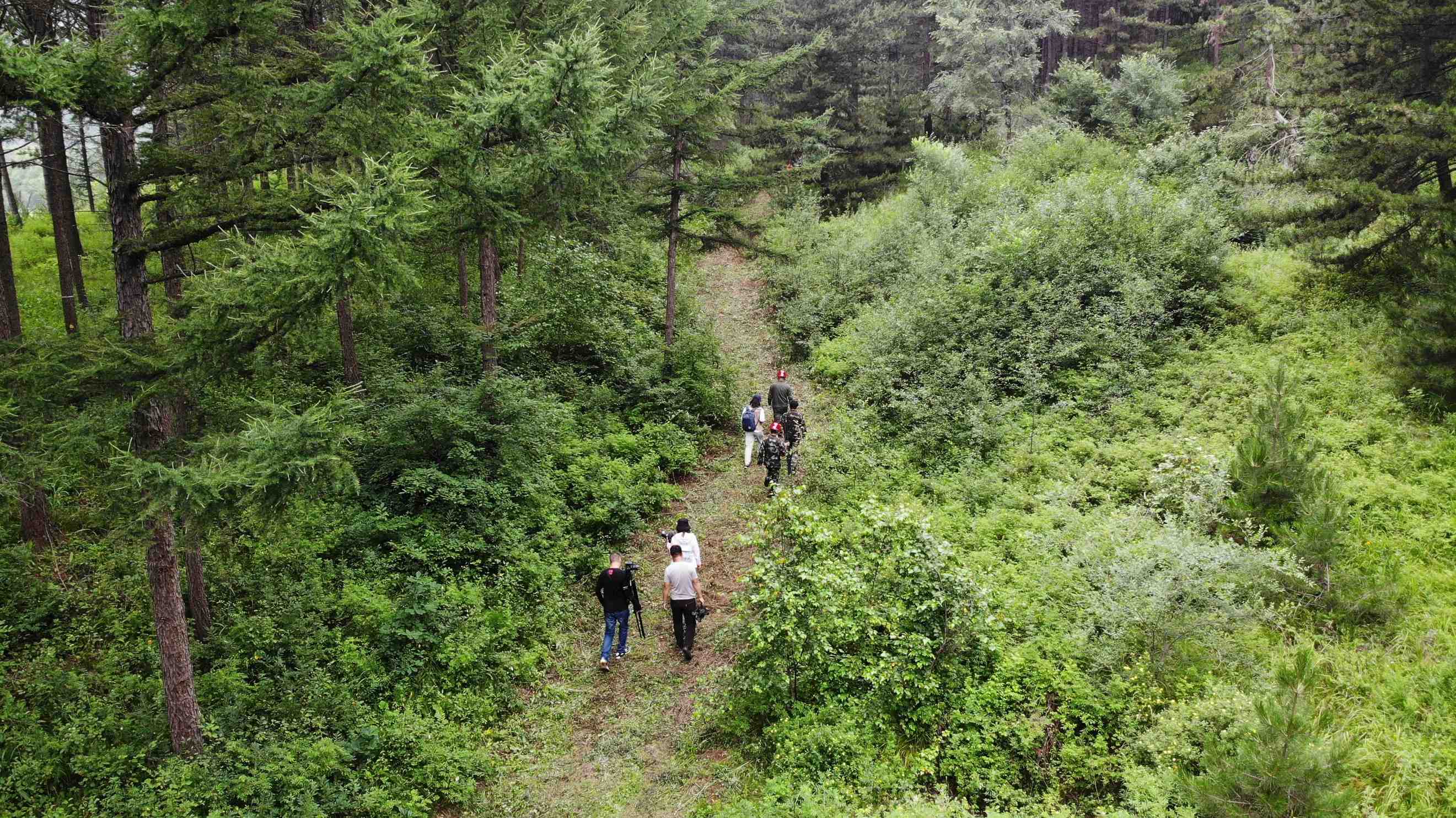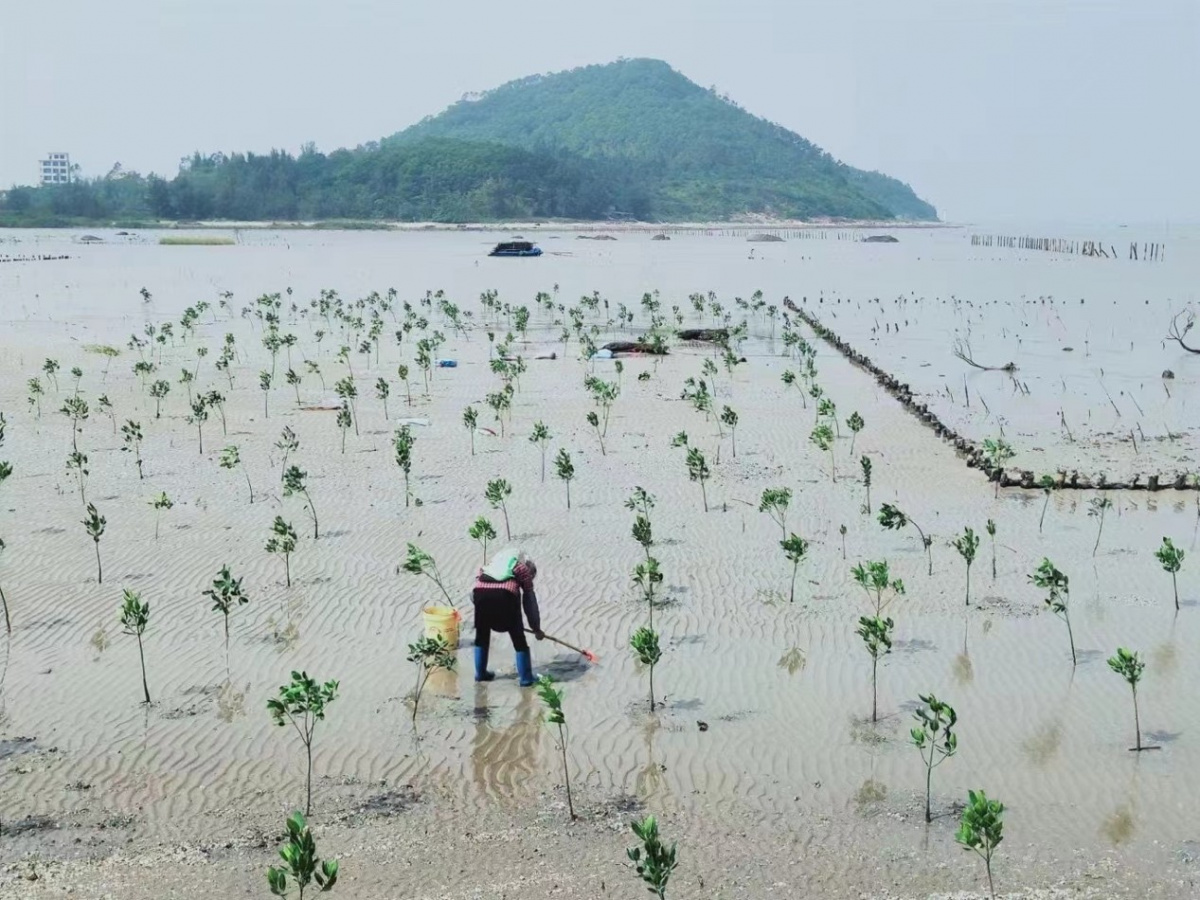Landscape Restoration Pilots by TRI China in the 2023-2028 National Forest Plan
In Early 2023, the National Forestry and Grassland Administration (NFGA) released the "National Sustainable Forest Management Pilot Implementation Plan (2023-2025)" (NSFMPIP), planning to lead and drive innovation in the management mechanism and improvement of forest quality in the country, including through generating outcomes in pilot demonstrations. The seven pilot Sate Forest Farms (SFF) of the TRI-China project are included in the NSFMPIP.

Forests are the main body and essential resources of terrestrial ecosystems. After the United Nations Conference on Environment and Development in 1992, "sustainable forest management" became a common understanding of the international community to deal with forest issues. China highly values forestry development, which shows through forest area growth and stock growth in the past 30 years. However, the unit stock volume, biomass, and carbon sequestration capacity are far behind the world's average level. Therefore, improving forest quality through sustainable forest management became the focus of forestry development.
Recently, the NFGA officially released the NSFMPIP (2023-2025), planning to lead and drive innovation in the management mechanism and improvement of forest quality in the country, including through generating outcomes in pilot demonstrations. NSFMPIP states that in 2023, the extent of pilot projects will be roughly 167,000 ha, with about 1.1 billion yuan invested in financial investigation. After comprehensive screening and expert demonstration, 310 pilot units were identified, including 221 SFFs (4,297 SFFs in China), and 7 of them are from the TRI-China project.
"In the past four years, we supported the pilot SFFs to develop and implement the FLR-based Innovative Forest Management and Restoration Plan (the IFMR Plan). I am honored that they were selected in NSFMPIP, which recognizes our approach.” Ms Liu Jing, the project manager, said, “What is the difference between the IFMP and the traditional forest management plan? The traditional plan is based on a local forest stand (a forestry scale unit) while the IFMR plan takes on a landscape approach. Also, the traditional plan focuses on timber production while the IFMP aims to enhance forest ecological services by using many advanced technologies.”
A forest investigation is being conducted by TRI stakeholders in Anzidong State Forest Farm @TRI China
Installation and commissioning of monitoring equipment in Gonglongping State Forest Farm @ TRI China
For example, Huangtuliangzi SFF is one of the water sources of Pingquan County and could provide seedlings and non-timber forest products for surrounding communities. However, due to poor site conditions, a certain degree of soil erosion exists. In the Huangtulaingzi IFMP water and soil conservation, germplasm resources, and forest health tourism were identified as the main objectives. Based on this, the Huangtuliangzi SFF was divided into three landscape zones and designed management measures. In the soil and water conservation zone, single-stand forests were changed to mixed forests; local species such as spruce, mongolica, white elm, mongolian oak and various shrubs were introduced. The germplasm resource zone cultivated high-quality seedlings through density adjustment, pruning, and shaping. Based on Longtan Mountain Forest Park, the forest health tourism zone will optimize the landscape effect and develop a health tourism economy through tending, thinning, pruning, and replanting native color-leaf trees.
"Forest management is a long-term process, but the TRI project is too short compared to the forest management cycle. Although we could carry out monitoring and accomplish data accumulation, we do not have enough ability to analyze, adjust, optimize, and summarize monitoring results; that would be a pity!” said Ms Xu Lanli, director of Huangtuliangzi SFF, “After being included in the NSFMPIP pilot, there are lots of long-term resources to help us, in terms of funds, policies, and experts. We are also confident to make greater achievements.”
Forest restoration in cut-over land in Huangtuliangzi State Forest Farm @TRI China
"We have accumulated a wealth of experience since the implementation of the TRI project. One of the important outcomes is a summary report of the practice of IFMP in China, which is planned to be published in late 2023." Ms Liu Jing said, "We will further strengthen outcomes communication and continue to fully support the sustainable management of the pilot SFFs with expert support and knowledge sharing.”
Learn more from The Restoration Initiative here: https://www.iucn.org/our-work/topic/ecosystem-restoration/restoration-initiative



